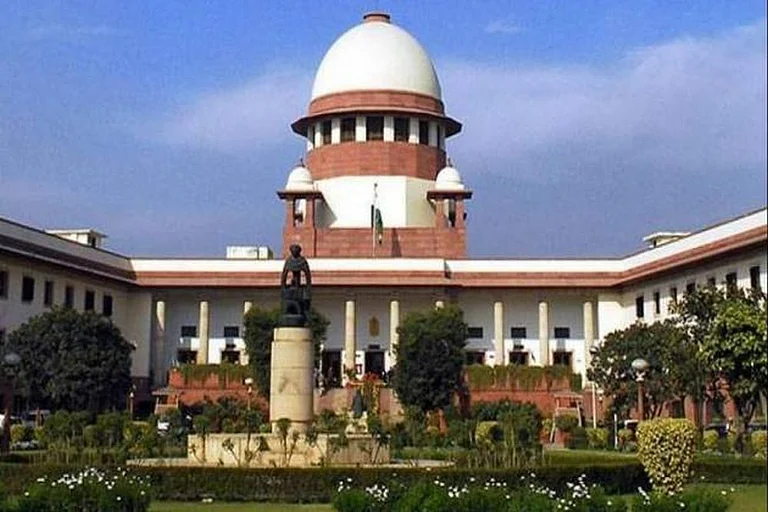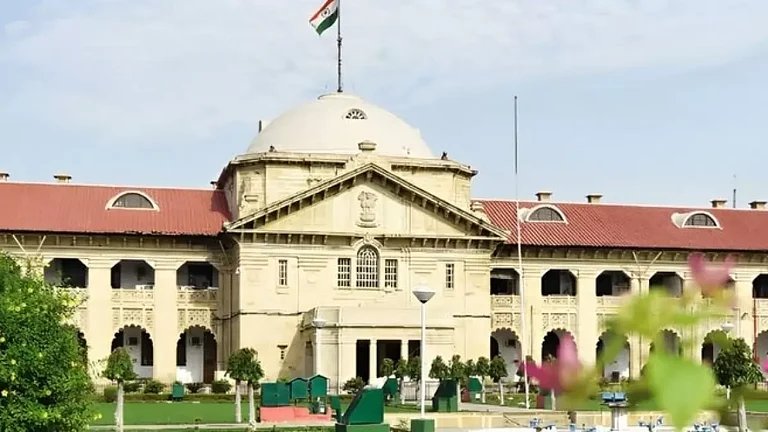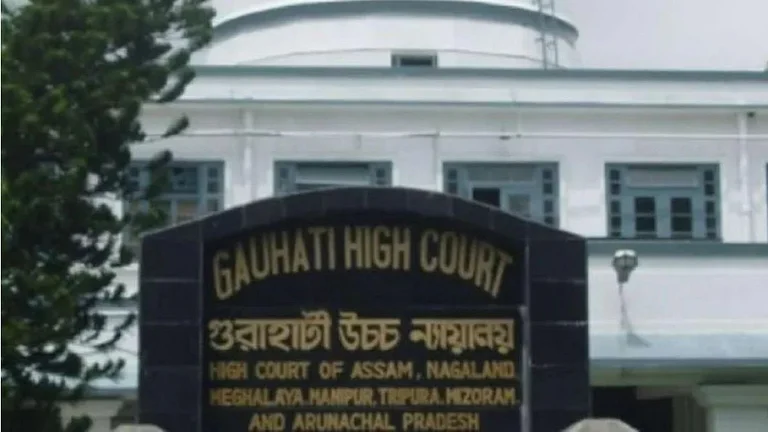
Summary of this article
Senior jurists including Rajeev Dhavan, Sanjay Hegde, and former Justice A.K. Patnaik criticised the decision as opaque and politically influenced, raising concerns about the erosion of judicial independence and the growing role of the executive in judicial transfers.
The Supreme Court Collegium, headed by Chief Justice B.R. Gavai, modified its earlier decision to transfer Justice Atul Sreedharan from Madhya Pradesh to Chhattisgarh.
Known for his forthright judgments, Justice Sreedharan previously took suo motu action against a Madhya Pradesh minister’s derogatory remarks towards Colonel Sofiya Qureshi.
The judge who had pulled up Cabinet Minister Vijay Shah for his comments against Colonel Sofia Qureshi has been transferred to Allahabad High Court after the Collegium sent him to Chhattisgarh High Court in August 2025. Legal experts decried the move and highlighted the growing opacity of the Collegium.
In just three months after his first transfer, the Supreme Court Collegium, in a rare move, recommended transferring Justice Atul Sreedharan from the Madhya Pradesh High Court to the Allahabad High Court. The Collegium’s meeting on October 14, 2025 resolved to modify its earlier recommendation in response to the Government’s request to reconsider an earlier decision to move him to the Chhattisgarh High Court.
Slamming the Collegium and the transfer was senior advocate and jurist Rajeev Dhavan. “The Collegium has become opaque. Atul Sreedharan was an outstanding judge in Jammu and Kashmir—fearless, a constitutionalist, and a civil libertarian. The government clearly does not favour independent judges,” said Dhavan, adding “That is why all correspondence between the Collegium and the government should be made public. Today, all transfers have become punitive. That is the reason for Sreedharan’s transfer. The government does not want him in any administrative or prominent judicial role. Sadly, this reflects the pattern of the Gavai’s Collegium.”
During his tenure in Madhya Pradesh, Justice Sreedharan served on a division bench with Justice Anuradha Shukla that took suo motu cognisance of remarks made by Cabinet Minister Vijay Shah. Shah had referred to Colonel Sofiya Qureshi, who had been conducting media briefings during Operation Sindoor, as the “sister of terrorists”. The bench described the comments as “dangerous” due to their potential impact on the armed forces and directed that an FIR be filed immediately under multiple provisions of the Bharatiya Nyay Sanhita (BNS).
Senior advocate Sanjay Hegde highlighted that the resolution shows the government’s influence over Collegium transfers, which rested with the Chief Justice for administrative purposes. Justice Sreedharan would have been part of the Collegiums in Madhya Pradesh and Chhattisgarh, where he could have influenced or blocked appointments.
"In Allahabad, he will not hold such a role. It is now clear that the government does not want him to serve in either of the High Courts in the old, undivided MP. Political interests are at play,” explained Hegde.
Former Supreme Court judge Justice A.K. Patnaik said he doesn’t understand why Justice Atul Sreedharan was being moved to Allahabad. “He is a very good judge. I have seen his orders, and he has performed well wherever he has served. He would have done well in Chhattisgarh, and wherever he goes, he will continue to deliver justice,” mentioned Patnaik.
Recalling Justice B.V. Nagaratha’s dissent against Justice Pancholi’s elevation to the Supreme Court last month, Dhavan pointed out the need for transparenct in cases of elevations, transfers, and Collegium’s communications with the government.
While Dhavan had originally opposed the National Judicial Appointments Committee, he now says, “Defending the Collegium was a mistake. We need a revised NJAC where the government does not hold a political majority.”
Who is Justice Atul Sreedharan?
Justice Atul Sreedharan was appointed as a judge of the Madhya Pradesh High Court in 2016. In 2023, he requested a transfer to the Jammu and Kashmir and Ladakh High Court, following his daughter’s legal practice in Madhya Pradesh. He was set to become the Chief Justice of J&K High Court just before his transfer.
Justice Sreedharan was part of a double bench which took suo motu cognisance a YouTube video which showed a man in Madhya Pradesh reportedly belonging to the OBC Community sitting in a temple and asked to wash the feet of a person and then consume the water. The bench stated, “Each caste has become vociferous and ultra conscious of its caste identity and leaves no measure unturned to demonstrate his/her pride of belonging to a particular caste. This is giving rise to several instances of caste violence. The victims in most cases are the least literate and most impoverished economically.”
Division Bench of Justices Atul Sreedharan and Pradeep Mittal on September 24 directed an inquiry against a judicial officer for allegedly favouring an accused in a ₹25 lakh land acquisition embezzlement case.
In addition to this high-profile case, Justice Sreedharan has also closely examined preventive detention matters during his tenure in the Jammu and Kashmir High Court.
Before his transfer to MP High Court, Justice Atul Sreedharan in J&K High Court, was part of the Division Bench with Justice Rajesh Sekhri, which on March 27, acquitted four individuals in the 2012 Awantipora murder case, The bench slammed the police investigation citing inadmissible confessions, procedural lapses, and weak circumstantial evidence. The court noted serious inconsistencies, including an FIR filed before the victim’s body was discovered and confessions allegedly made under duress.
























